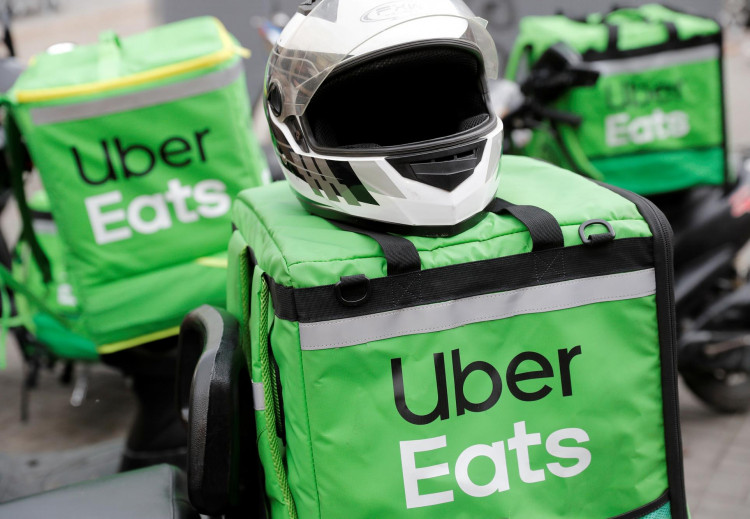Uber has shed $1.78 billion in the second quarter as an ongoing global health disaster bore through the company's ride-hailing pockets, as authorities impose restrictions and prompt millions of consumers to stay indoors amid the escalating cases in coronavirus infections.
Uber is now turning to its food delivery business for some source of steady revenue. Unfortunately for the group, this part of the operation has yet to produce any decent results.
Despite its $1.78 billion loss, the company was still able to earn $2.24 billion in total sales for the current quarter, which fell 27 percent compared to the period in 2019 in terms of a currency basis, the group disclosed Thursday.
The San Francisco-based company's mobility unit comprised of ride-hailing services and micro-mobility options like mopeds and motorbikes lost $790 million in sales, a 67 percent drop compared to $2.38 billion from the previous period.
Uber's latest quarter chronicled two aspects of its operations: The ride-sharing, which suffered a whopping 73 percent loss in contrast to last year's second-quarter figures as the pandemic grew in magnitude. But Uber's delivery Eats ballooned to an impressive 113 percent.
According to chief executive officer Dara Khosrowshahi, the group is lucky to have a presence worldwide and a hedge across its two key segments, meaning Uber has capitalized on orders from its Eats service as people stay at home.
However, as the coronavirus pandemic worsened in the U.S., the group and its main North American competitor Lyft, were forced to cut down heavily on expenditures to cope with the crisis. Uber's revenue was down mostly in the U.S. and in other parts of the globe, but not in the Asia-Pacific.
Uber notified the Securities and Exchange Commission last May about its plan to restructure in which 14 percent of its headcount, or roughly 3,700 jobs, will be trimmed down. Those affected will come mainly from the company's customer support and recruiting units. On the other hand, Lyft said it was letting go of around 17 percent of its staff, or about 982 jobs. Around 288 other workers will be furloughed, Uber added.
Meanwhile, the volume of consumers that use Uber's app each month narrowed 44 percent to 55 million clients in the second quarter. The figure fell short of market observers' projections of a 7 percent drop. In after-hours trading, Uber's shares were down 3 percent after it released its financial data.
The path for recovery for Uber is expected to be challenging and long, but Wedbush analyst Dan Ives thinks the ride-hailing business could still benefit and make money from commuters who may opt for its rides than take the bus.






